Born in Kaduna, Nigeria, Augustine’s journey into film is one marked by curiosity, craftsmanship, and constant reinvention. Trained as an architect with a Master’s degree in Environmental Design (Architecture) from the University of Lagos, his path took a sharp but fateful turn during his university years when he discovered a passion for visual storytelling.
Since then, Augustine has emerged as a dynamic filmmaker, gaining recognition as one of Access Bank’s Top 20 Accelerate Filmmakers in 2019, and later winning a 5 million Naira grant for Best Short Film from D’long Media and Learner’s Cut TV Programme. His portfolio spans an impressive list of credits across popular Africa Magic series such as Ajoche, Unbroken, Riona, Itura, Love Come Back, Judging Matters, and Comedy Nights, as well as award-winning short films, feature-length projects, and productions both in Nigeria and The Gambia.
In this conversation, Augustine reflects on the making of his short film Jude—a project deeply rooted in his early experiences on set as a camera assistant. Drawing inspiration from everyday filmmaking equipment and reimagining their potential through a sci-fi lens, Jude poses a playful but poignant question: What if the tools we use in filmmaking could do more than just tell stories; what if they became part of the story?
We also talk about the filmmakers who have shaped his journey, including his collaborations with industry heavyweights like James Omokwe and Tosin Igho, and explore his recent move to Georgia, USA, as he navigates new opportunities and creative frontiers in the global film industry.
Where are you currently based, and what motivated your decision to move there?
I’m currently based in Atlanta, Georgia, USA I was motivated to move here by both marriage and Hollywood.
While in Nigeria, how would you describe your overall experience in the film industry? What were some of your best and most challenging moments?
It’s rigorous and demanding, but it has the potential to be more structured. I believe the lack of structure is its biggest challenge. My best moments are always on set, working with the crew. There’s something special about a film crew; you form a kind of family, even if it’s just for a short time. When the environment is friendly and non-toxic, it makes the experience even more rewarding. It’s not just work; you’re creating something together while having fun in the process.
The second-best moment for me is seeing the finished product, watching the work we’ve put in come to life. It’s especially fulfilling when the audience not only appreciates it but is entertained by it. Knowing that something you’ve created is doing the work of storytelling and bringing joy to people is deeply satisfying.
On the other hand, my worst experiences have been in toxic work environments. That kind of atmosphere takes away from the essence of why we do this in the first place. One of my best experiences was working on At Your Chair. It was my first major large-scale production, and it remains one of my most memorable projects.
As for my worst experience, it would have to be working with a producer on two films. One of them had already been started by another director who ended up leaving the project, and I had to step in to complete it. The second was a new film we worked on together. But despite all the effort put into both projects, the producer lacked the dedication to see them through. I’ve worked on multiple films that were meant for cinema releases, but to this day, they haven’t come out. That kind of situation, where the work is done but never sees the light of day, has been one of my biggest frustrations in filmmaking.
I’d love to hear more about the filmmakers you’ve enjoyed working with and how your filmmaking journey began.
I’ve worked with many filmmakers over the years, but some of the most notable collaborations I’ve truly enjoyed have been with Tosin Igho, James, and Marquette, among others.
Looking back at my journey, I’ve always been a creative person. In secondary school, I had a strong artistic side. I loved drawing, building house models, and crafting small cars. My dad saw this and believed architecture would be a great path for me, and I agreed. That became the plan: I would study architecture, build a career in it, and that was the future I envisioned for myself. But along the way, something significant happened that completely changed my perspective. I remember it vividly—one day, I watched a documentary called Cinema Secrets, and they were showing the behind-the-scenes of The Matrix. I was spellbound. I couldn’t believe what I was seeing, how these filmmakers created such magic. It was mesmerizing. I thought to myself, I want to do this. I want to be in this world of make-believe.
That moment left a lasting impression on me. Over time, my passion for film grew. In fact, I often found myself more drawn to the behind-the-scenes content than the actual movies. Sometimes, I would watch the BTS before even seeing the film itself because that process fascinated me the most.
Of course, I still went on to study architecture, completed my first degree, and even did my master’s. But at some point, I had a realization, I was at a stage in life where I had the freedom to make a change before major responsibilities like marriage or children came into the picture. So I made the decision. One day, I quit my job and fully embraced filmmaking.
Of course, the journey wasn’t as simple as that; there were many steps and moments in between, but that was the turning point that set me on this path.
You mentioned working with Tosin Igho and James Omokwe. Which projects were these, and what did you enjoy most about their process and collaboration?
I’ve had the opportunity to work on several projects with James Omokwe, including Ajoche, Riona, Unbroken, and Itura, as well as productions from the days when Africa Magic was still doing 260-episode series. James holds a special place for me because he gave me my first real opportunity to step into a production in a proper, structured way. With Tosin Igho, I worked on Love Come Back and Judging Matters. These two stand out as the most remarkable collaborations we’ve had.
What I truly appreciate about both James and Tosin is their work process, especially the way they create an inclusive environment for the crew. With James, particularly on Ajoche, there was a strong sense of family among the crew. Even long after the project ended, the bond remained intact. In fact, we still have a group chat where we stay in touch, support each other’s events, projects, and gigs. That experience created lasting relationships beyond just work.
Similarly, Tosin has his close-knit team—people he consistently works with, and for them, it’s also like family. Both James and Tosin share a quality that I deeply admire: they treat their crew with respect, make them feel valued, and ensure that everyone is carried along in the process. That sense of inclusion makes all the difference in a working environment.
I can attest to James’s ability to foster a strong sense of unity among both crew and cast. I know the actors from Riona still have their WhatsApp group. How has working with him and observing his process influenced the way you approach your productions?
Working in film has made me understand that every role in production is essential. From above-the-line positions to below-the-line crew, from technical teams to ancillary services, everyone plays a crucial part. It’s often in their absence that you truly realize how indispensable they are.
A film crew functions like a well-oiled machine. When you look at a machine, you might only notice the larger components, the shafts, the cables, the moving parts, but hidden within are the small screws and washers that hold everything together. Without them, the entire system could fall apart.
The best productions are those where everyone is valued and included. When crew members feel seen and respected, it fuels their creativity. Even if not every idea is implemented, the fact that they are welcomed and considered makes a difference. This level of collaboration ultimately leads to a stronger, more cohesive project.
What are some of your films that you’re most proud of, and what makes them stand out for you?
For the projects I can truly call my own, I have a feature film and two short films that I fully conceptualized, wrote, produced, directed, and edited, essentially handling everything myself. For me, the real fulfillment comes from seeing the work do what it was meant to do: entertain and engage people. When I put something out and receive positive feedback, knowing that it resonated with the audience, that’s what makes me proud. That’s the essence of filmmaking for me.
I know “Jude” screened at TAFM 2024. What’s the other short film? And how did it feel to have your work selected for a festival so many years after it was made?
The other short film I made was called Loop, and I was really excited when it got selected for a screening. It was a great experience, especially hearing that it was well received. Moments like that are truly fulfilling; it’s an honor to see your work appreciated.
I’d love to hear more about the making of Jude. What was the process like from concept to completion?
Jude was a project inspired by an idea that came to me while I was on the set of Ajoche. Now and then, we would mess around with equipment, C-stands, and tripods, pretending to use them as weapons for fun. That sparked a thought: What if we actually used filmmaking equipment as weapons in a story? From there, I started writing.
Interestingly, it was only after I had written the script that I discovered other short films with somewhat similar concepts. However, I decided to lean into the advantage I had: I was already on set, surrounded by a talented crew and the necessary gear. I spoke with my colleagues and crew members, and I received the executive producer’s blessing to use some of the equipment for the shoot.
We set aside two weekends when we weren’t working and went out to shoot. It was an intense process because everything had to be completed within a tight timeframe. I was directing, producing, coordinating actors, and managing logistics all at once. I did have help, but a big part of the process involved persuading people to come on board since everyone was working for free.
Back in 2015, when we shot it, the entire budget for “Jude” was just ₦20,000, which went entirely into feeding the cast and crew on set. Everything else, equipment, locations, and talent, was freely contributed. We shot from morning till evening, and it was an exhilarating experience. Since it was my second short film, I had a bit more experience and was more efficient in executing my vision. However, the real challenge came in post-production. I had enlisted the help of a few colleagues, and that’s where things got complicated.
It’s an interesting work. It is a fun film. And the VFX is quite convincing too. The joys of collaboration. How was the post-production process? Who handled the VFX, and how did the actors react when they saw the film for the first time?
For the VFX in Jude, we worked with VFX Danny, who’s doing amazing things now. As for post-production, I handled all the editing myself, while Danny took care of the visual effects.
Most of the reactions I got were from the first cut, before the VFX was even completed. So, to be honest, I haven’t had much personal experience with audience reactions beyond my immediate circle. That’s why, whenever I submit the film to festivals or screenings, I always request recordings of audience reactions if possible. For me, the real test isn’t just what my friends say, of course, they’ll appreciate it, but how strangers react to it. That’s when you know if a film truly resonates with people.
Oh, great, VFX Danny. Yes, he’s doing great work now. The reaction to Jude at TAFM was filled with excitement. What type of films are you most excited to create in the future?
If I had my way, my biggest interest would be in the action genre. That’s one area Nollywood hasn’t fully mastered yet. We’ve had some solid attempts, Jade Osiberu’s Brotherhood and a few others, but we’re still far from where we need to be.
Overall, we have great stories, but there’s a tendency to prioritize production costs over creativity. I wouldn’t say it’s a case of quantity over quality, but financial constraints often dictate how much creative freedom filmmakers can afford. It’s understandable, good soup costs money, but that limitation affects how detailed and ambitious our productions can be.
When it comes to drama, we have strong narratives, though execution is sometimes lacking. But action? We’re not there yet. We might be making progress with visual effects, but action filmmaking as a whole is still a major gap.
Right now, I’m not overly focused on the specific films I’ll make in the future. My priority is learning, understanding the craft, mastering the structure of filmmaking, and figuring out how to build efficiency into production while ensuring return on investment. That, to me, is one of Nollywood’s biggest challenges: the lack of a solid structure. So for now, it’s all about gaining knowledge. Of course, the future is bright, God willing.
The future is bright, I truly believe that. Now that you’ve relocated, do you still consider yourself a Nollywood filmmaker, or are you looking to transition fully into the Hollywood system? What kind of artistic connection do you hope to maintain with Nigeria?
I’m a filmmaker, plain and simple. Whether people tag me as Hollywood or Nollywood, that’s for others to decide. It’s like how Christians weren’t the ones who originally called themselves Christians; outsiders gave them that name.
For me, filmmaking is about training, experience, and growth. Titles don’t really concern me. No matter how far I go in my career, I started from Nollywood, and whatever skills I acquire along the way will always be used to elevate Nollywood. That’s home. That’s where I’m from.
What were the films that changed your life?
Most definitely, and undeniably, The Matrix trilogy. That was the film that sparked my fascination with what happens behind the scenes.
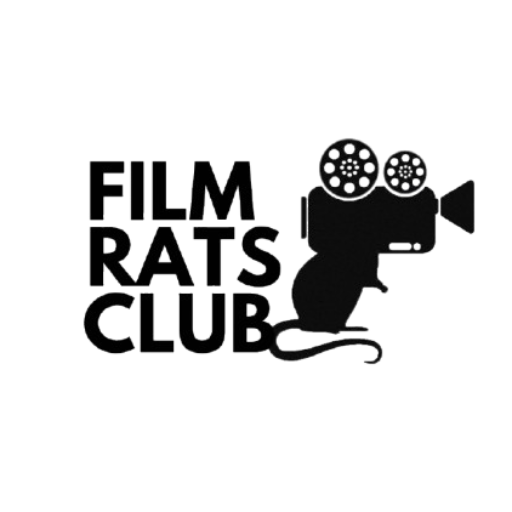
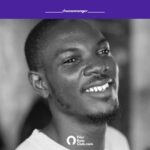
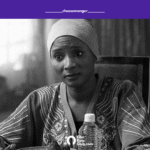
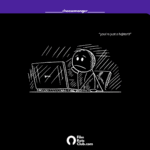
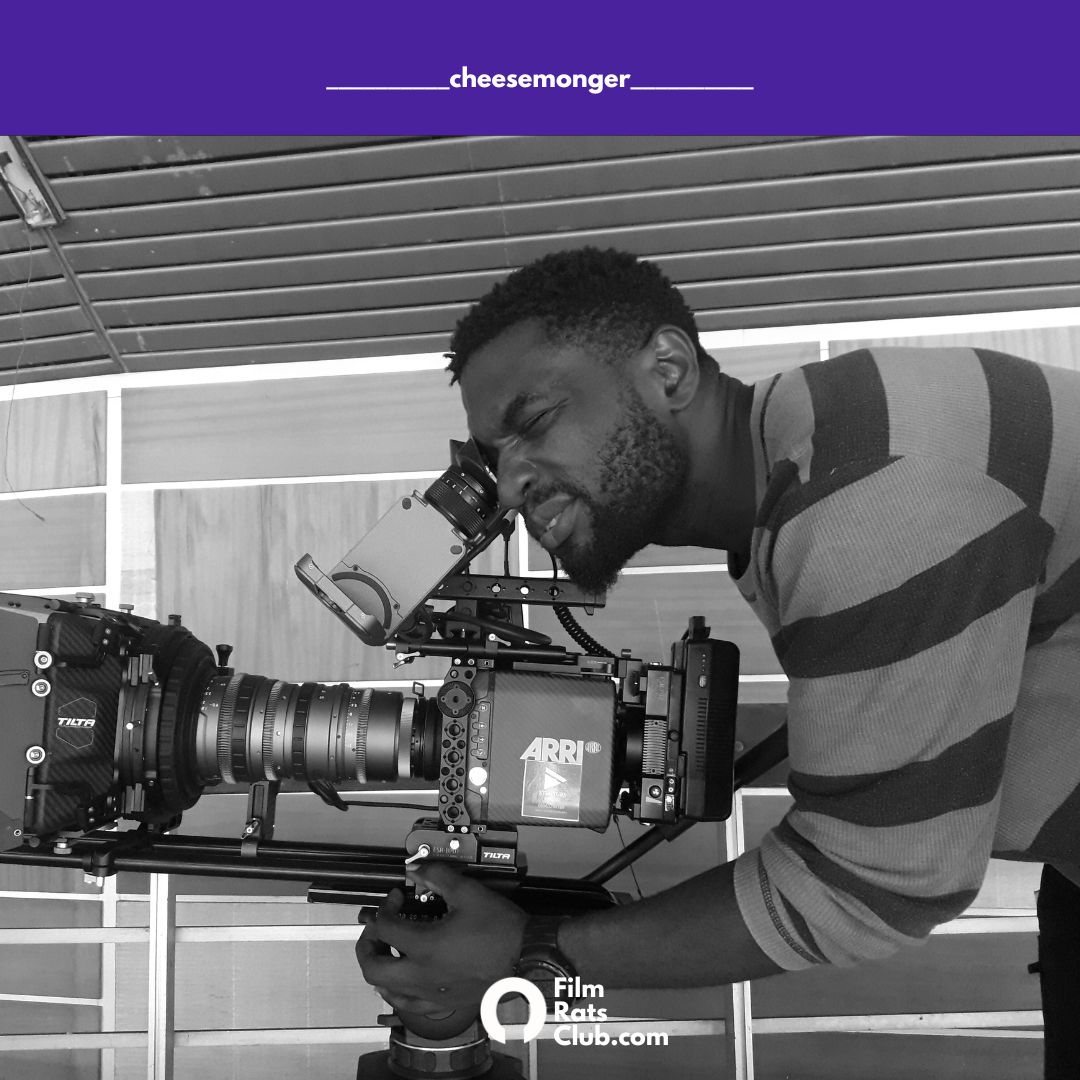
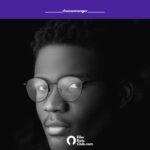
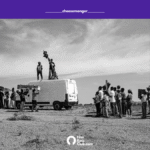
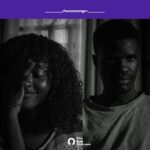
4 thoughts on “Augustine Okosa Reflects On Filmmaking And The Journey So Far”
Great information shared.. really enjoyed reading this post thank you author for sharing this post .. appreciated
Very well presented. Every quote was awesome and thanks for sharing the content. Keep sharing and keep motivating others.
1yyfdl
h57e1y